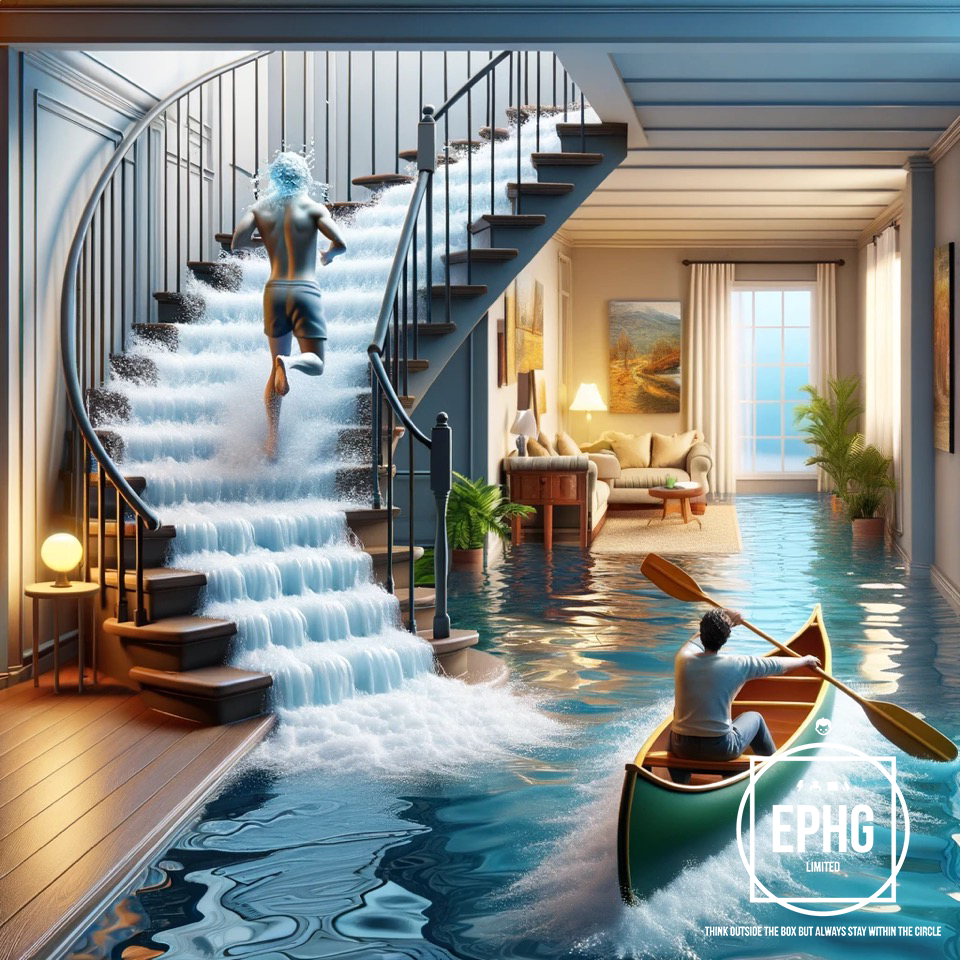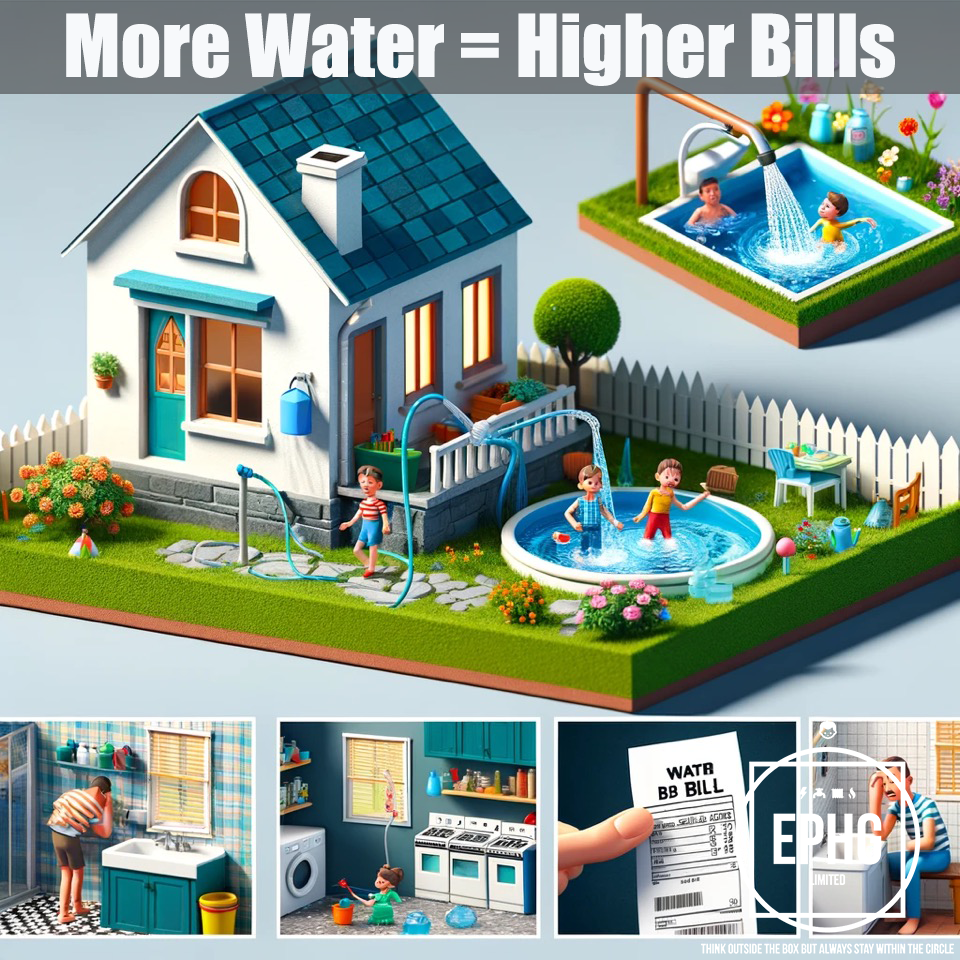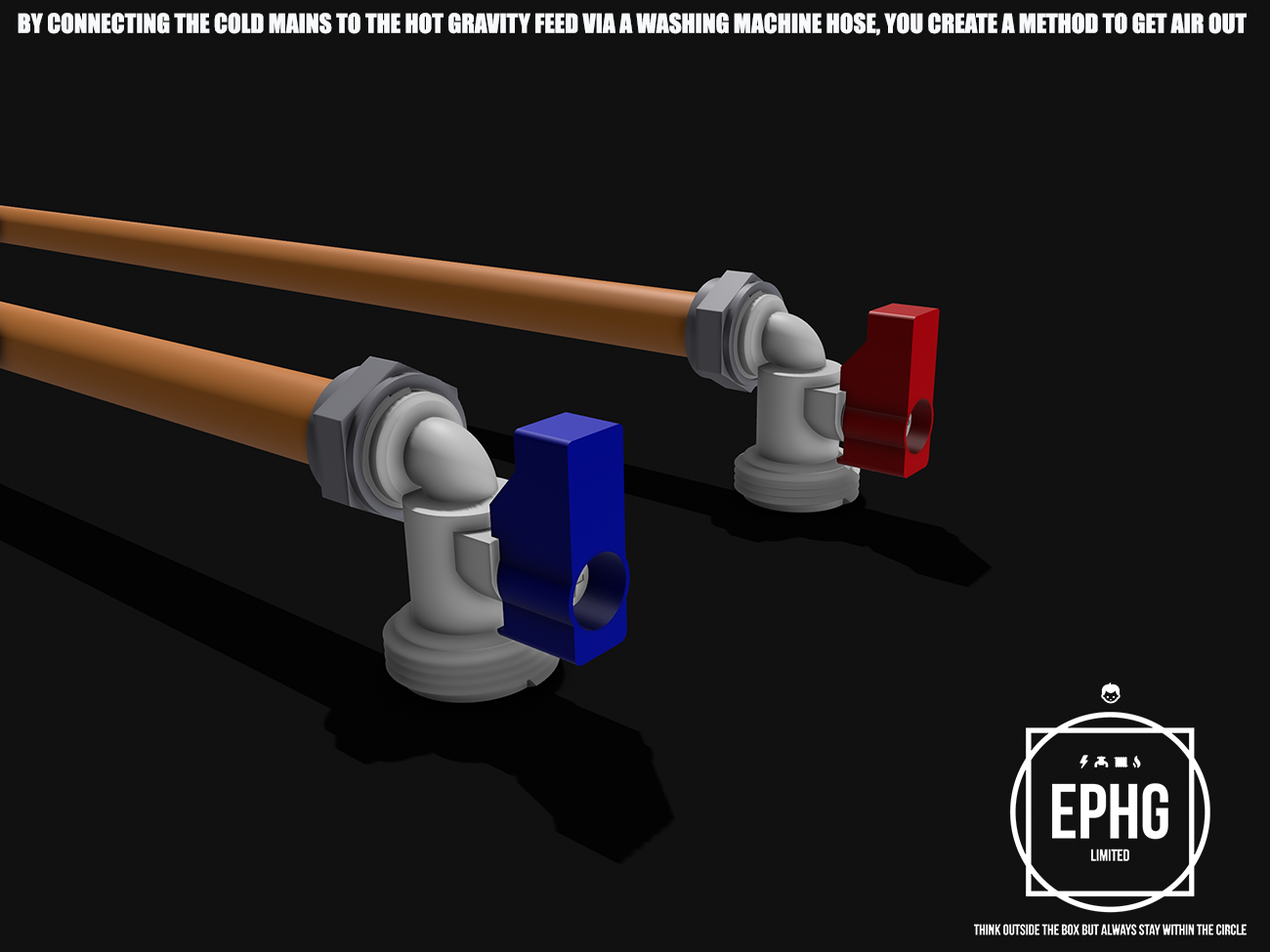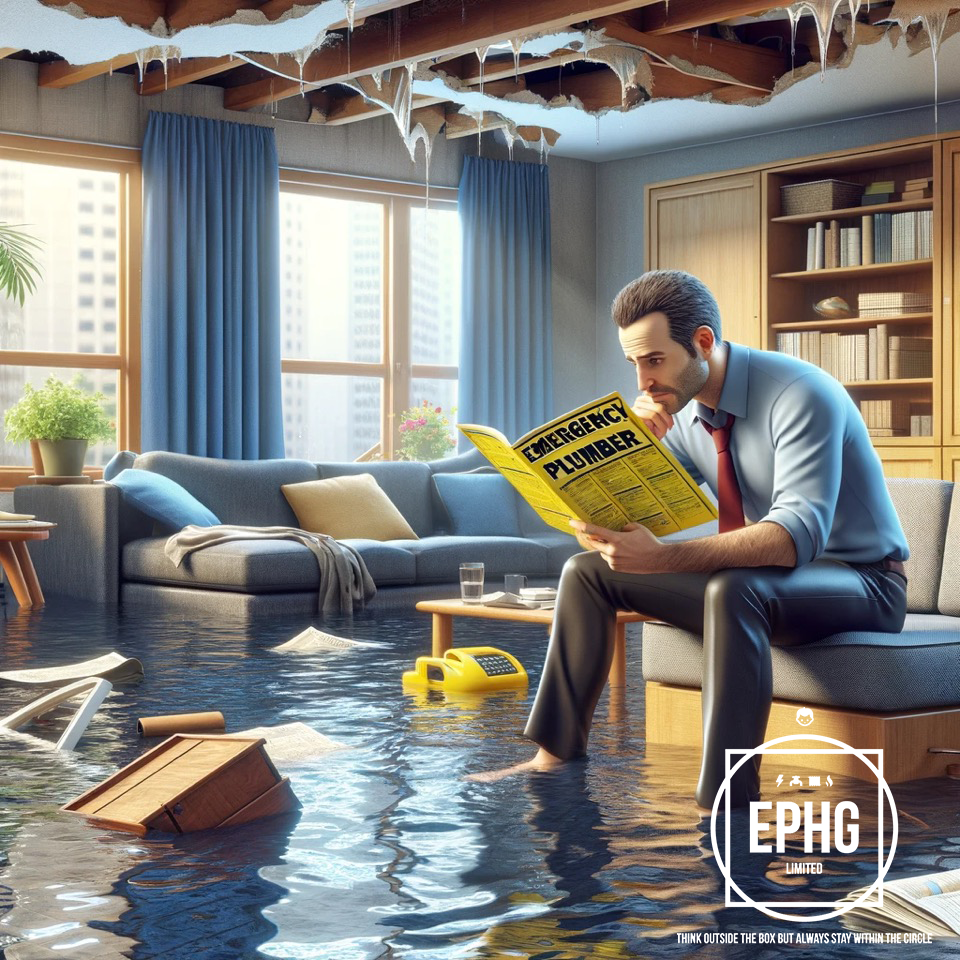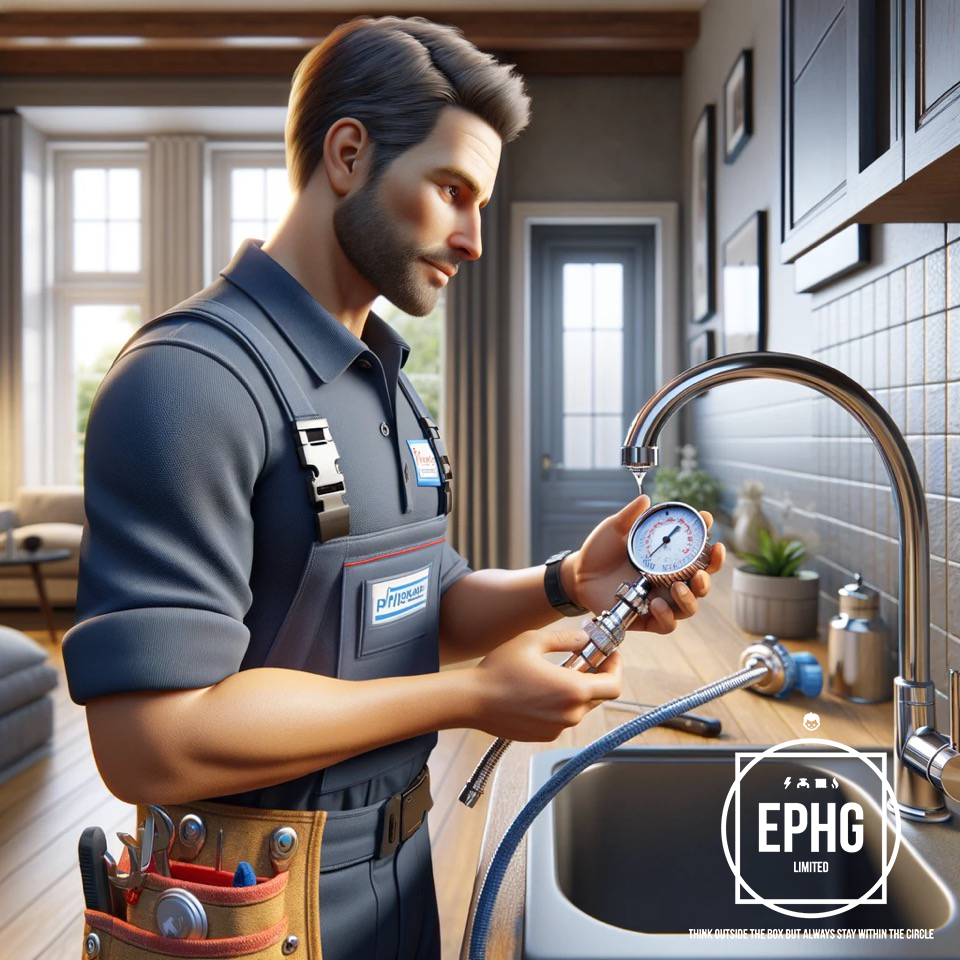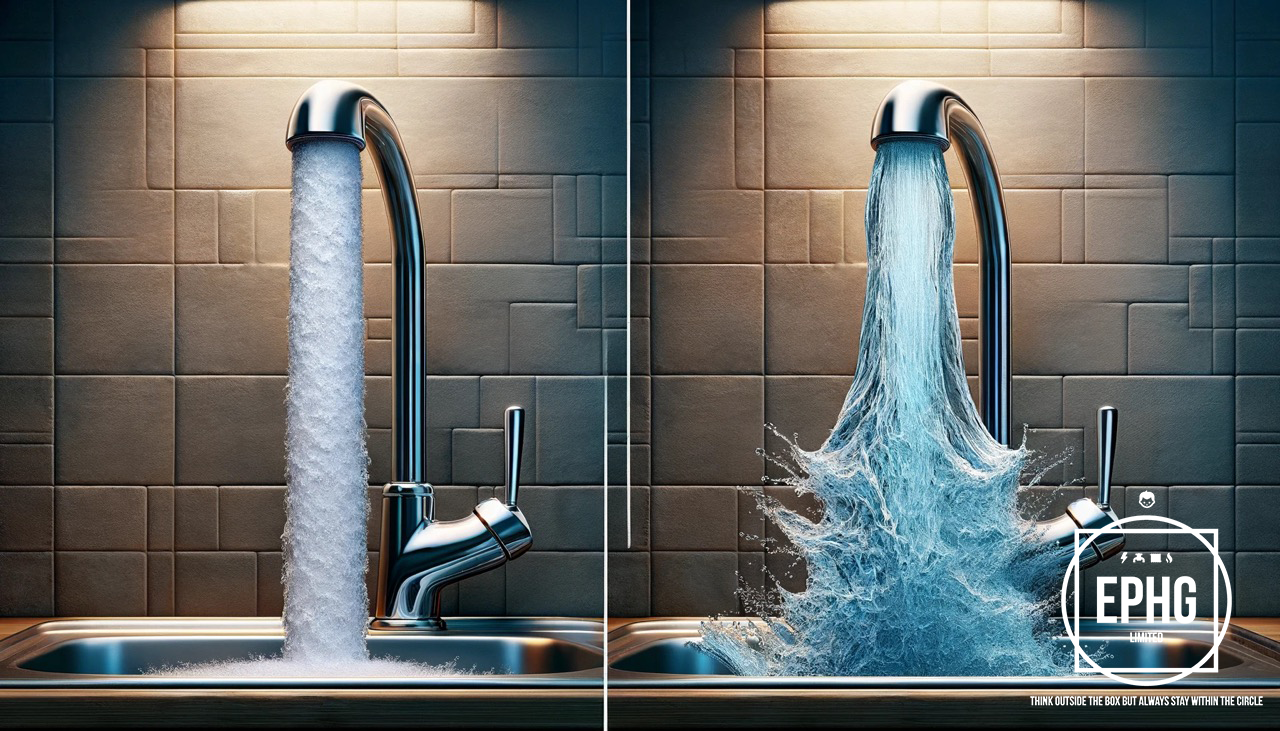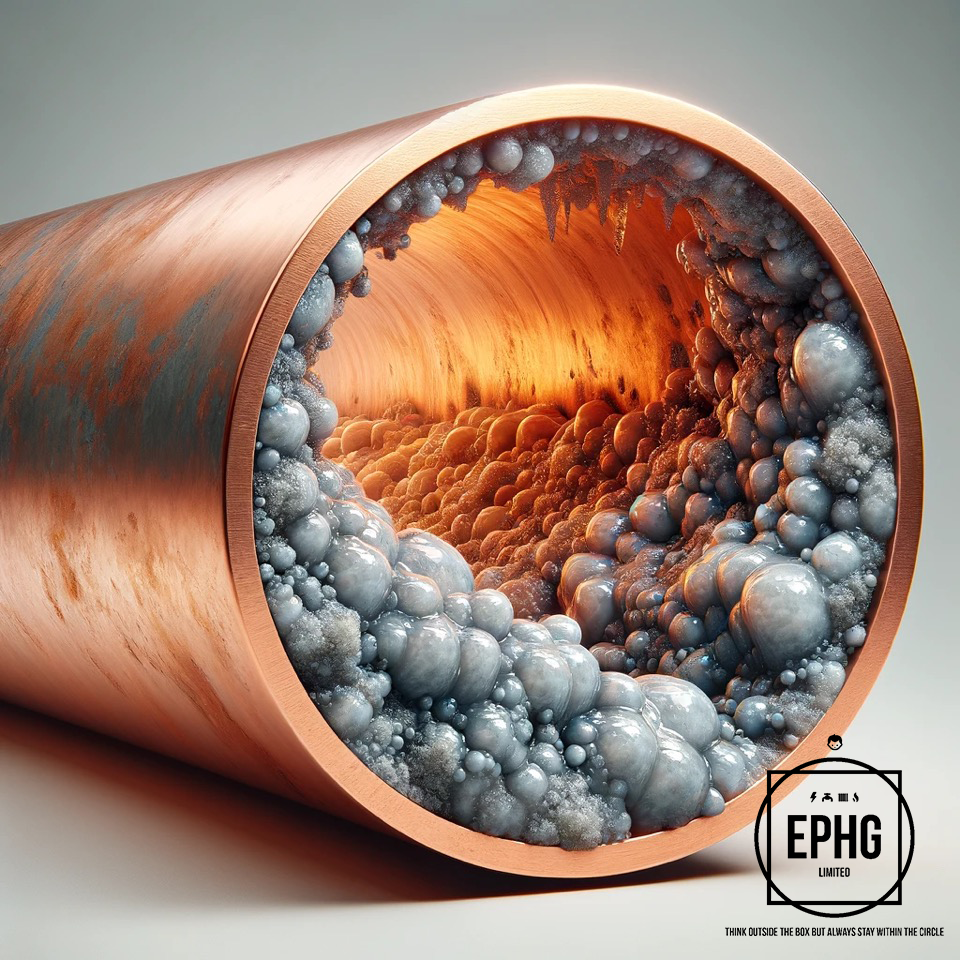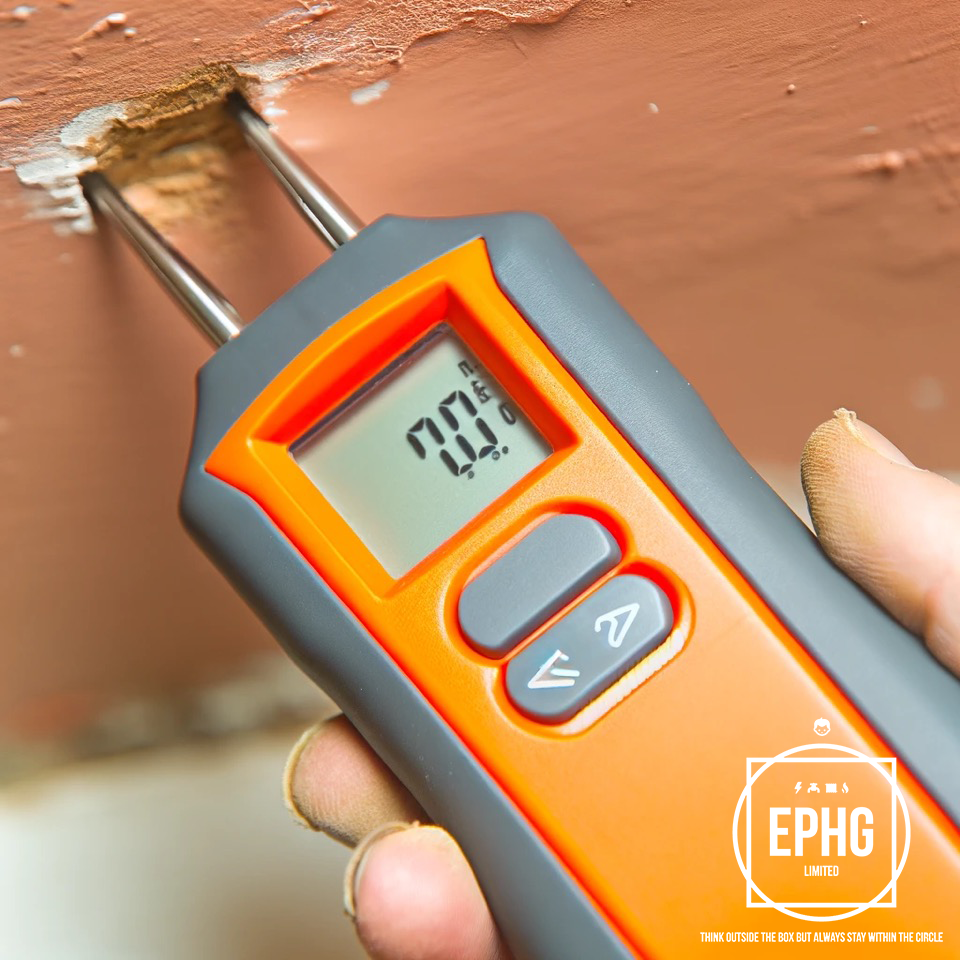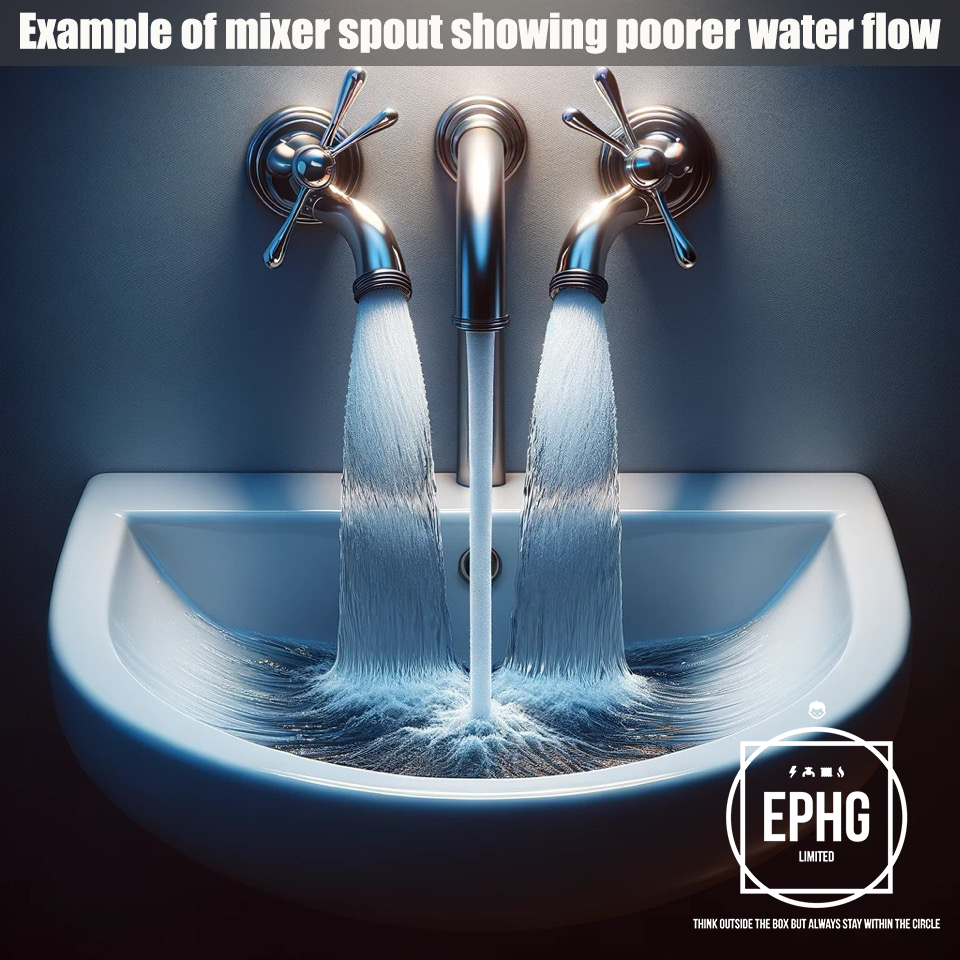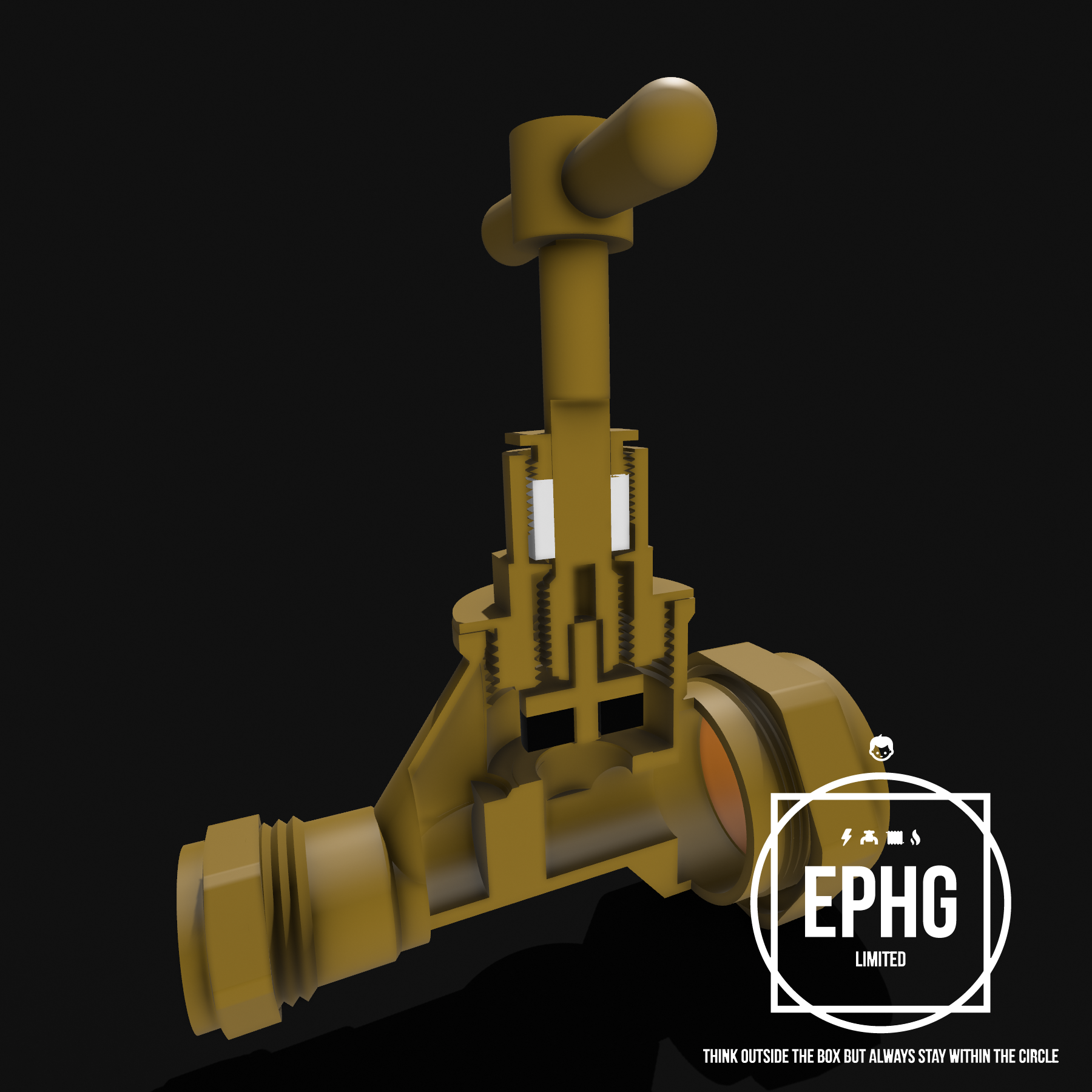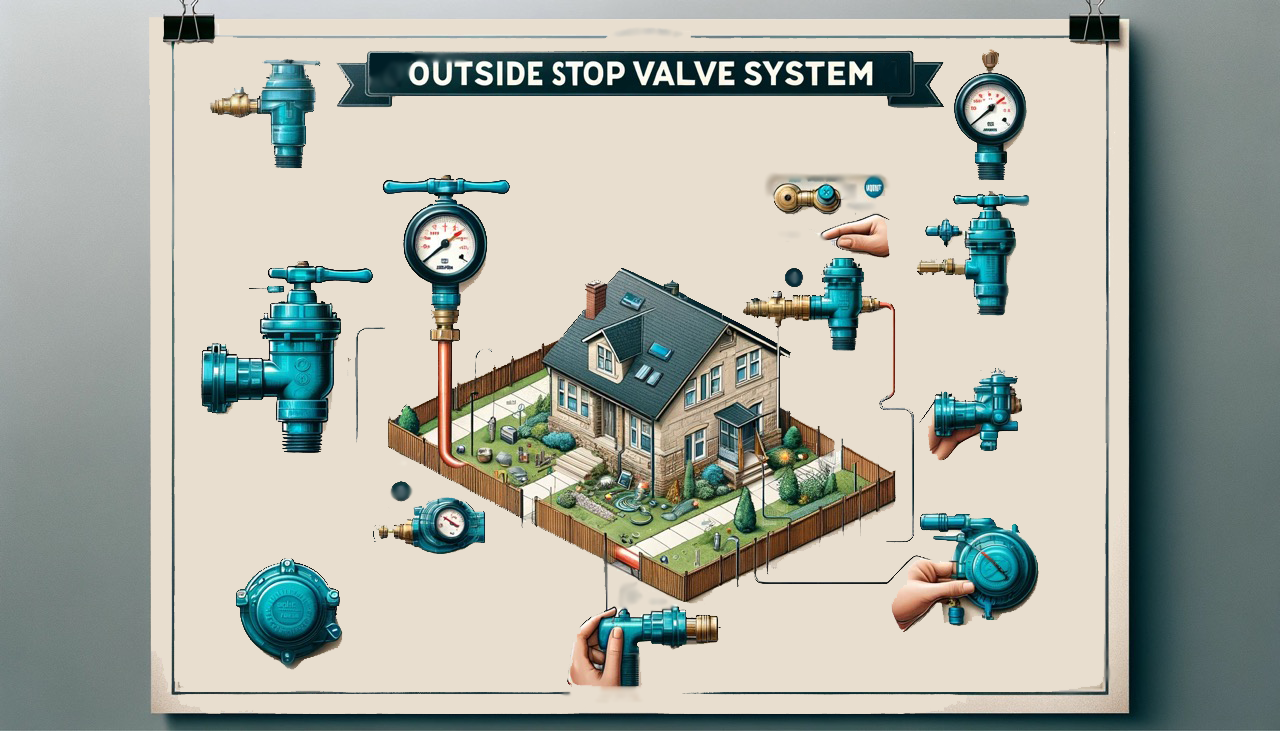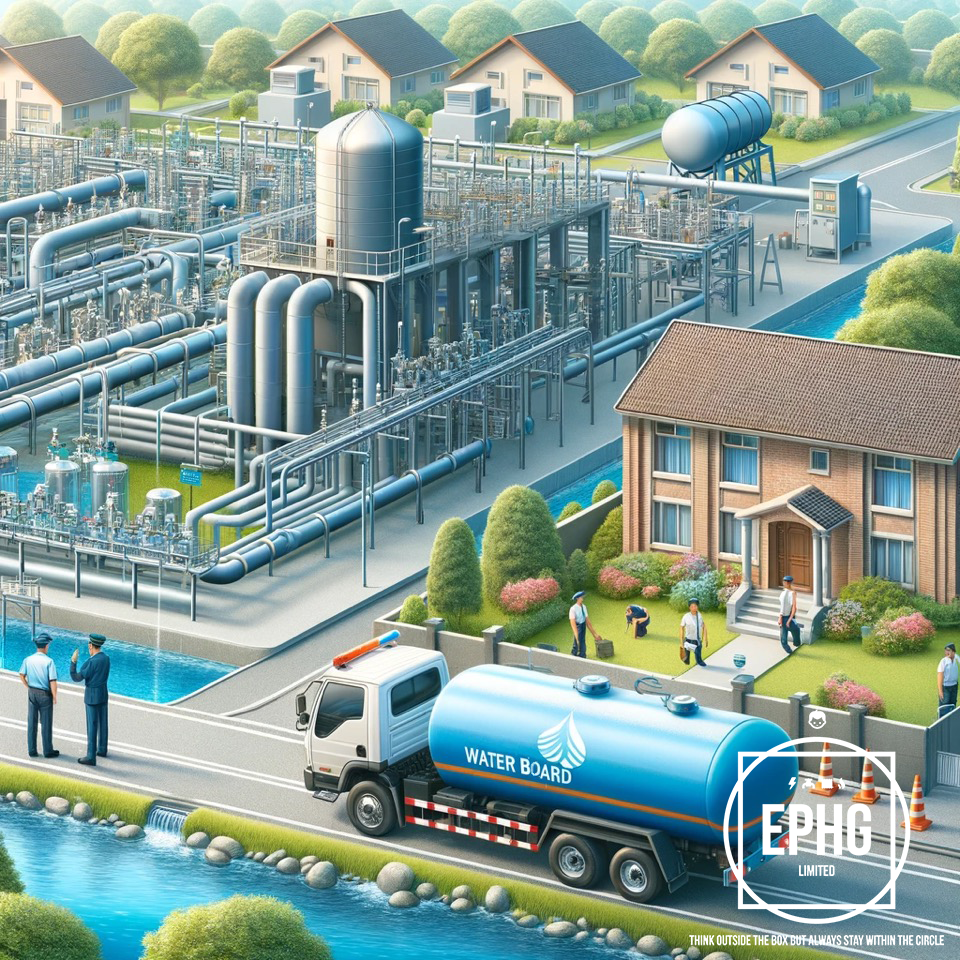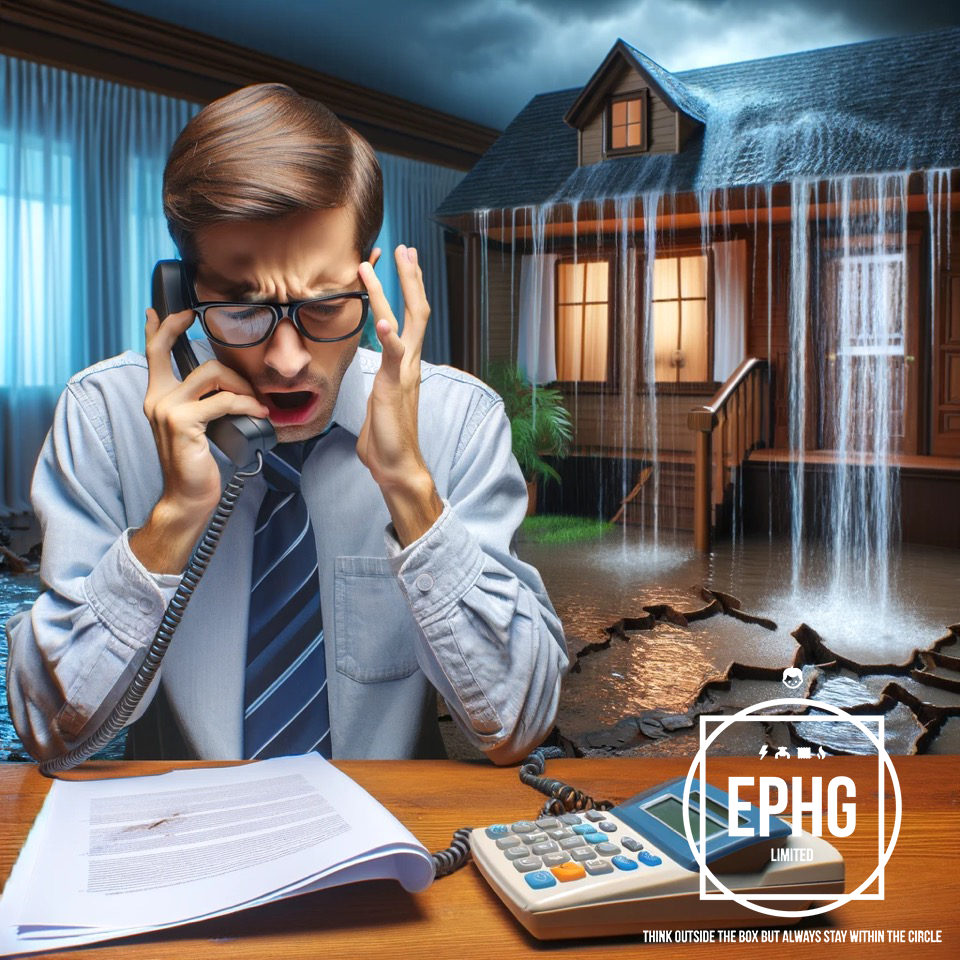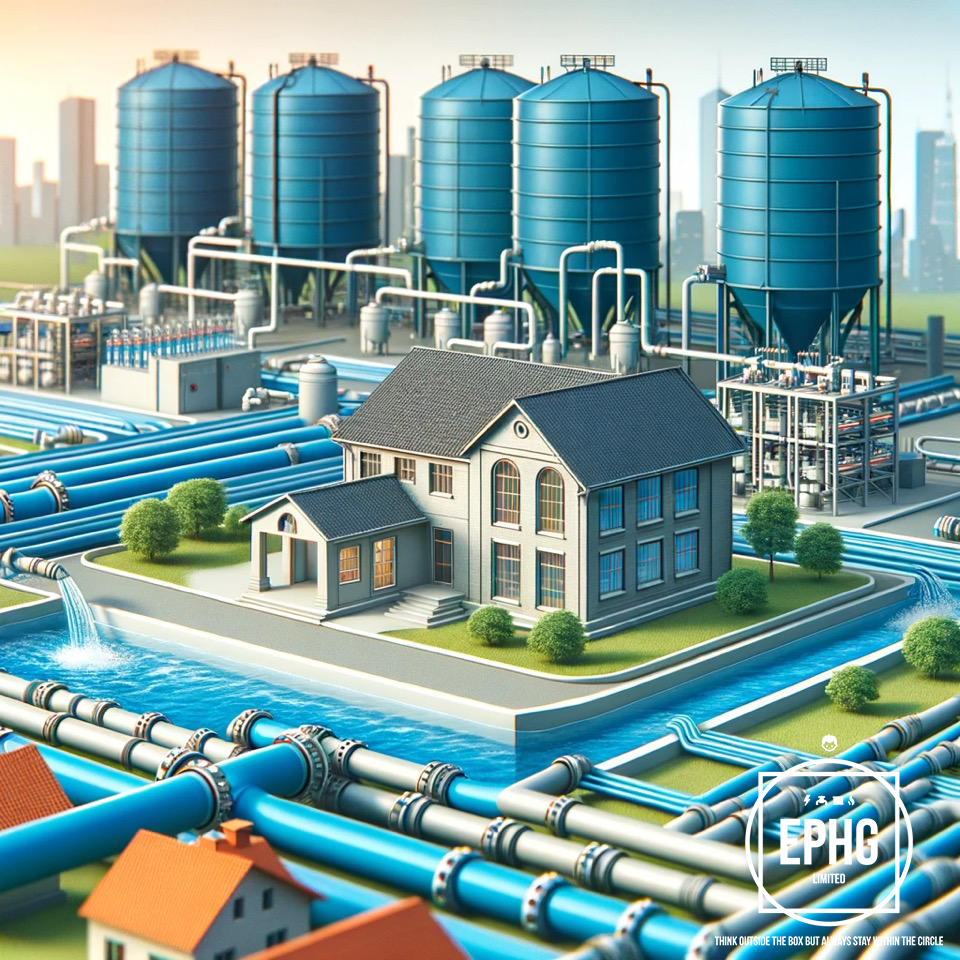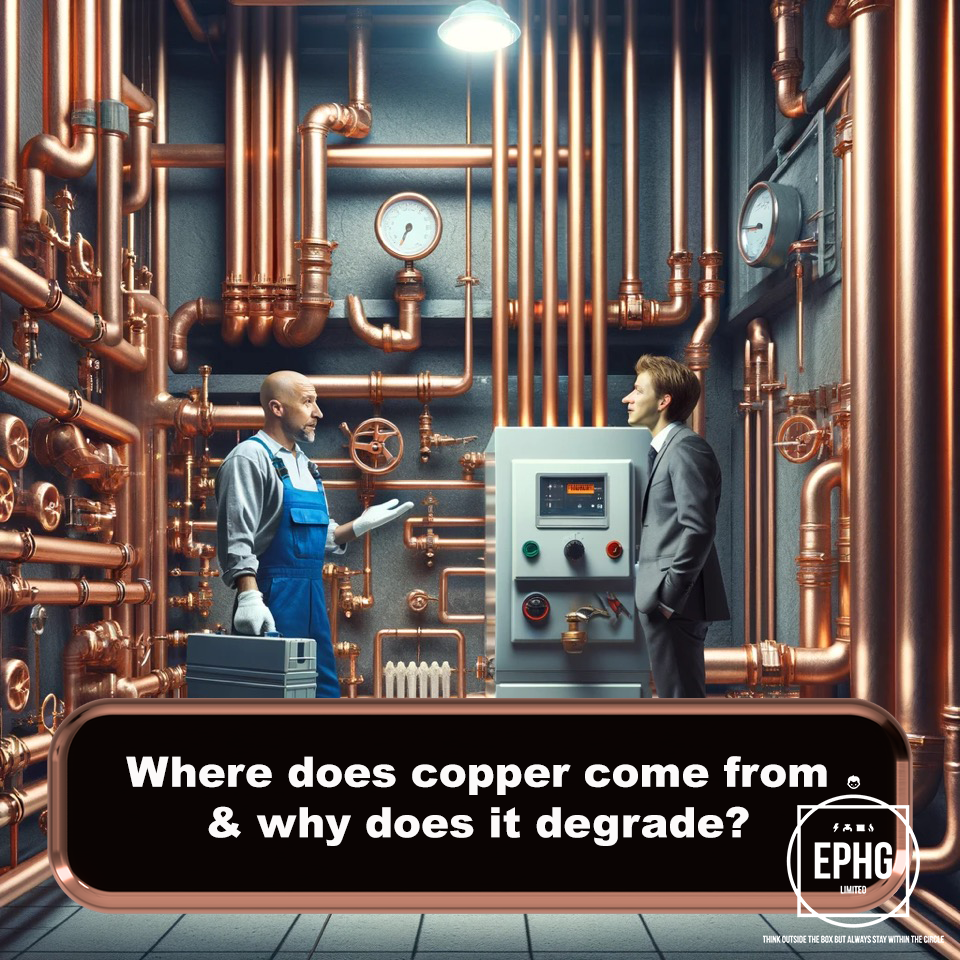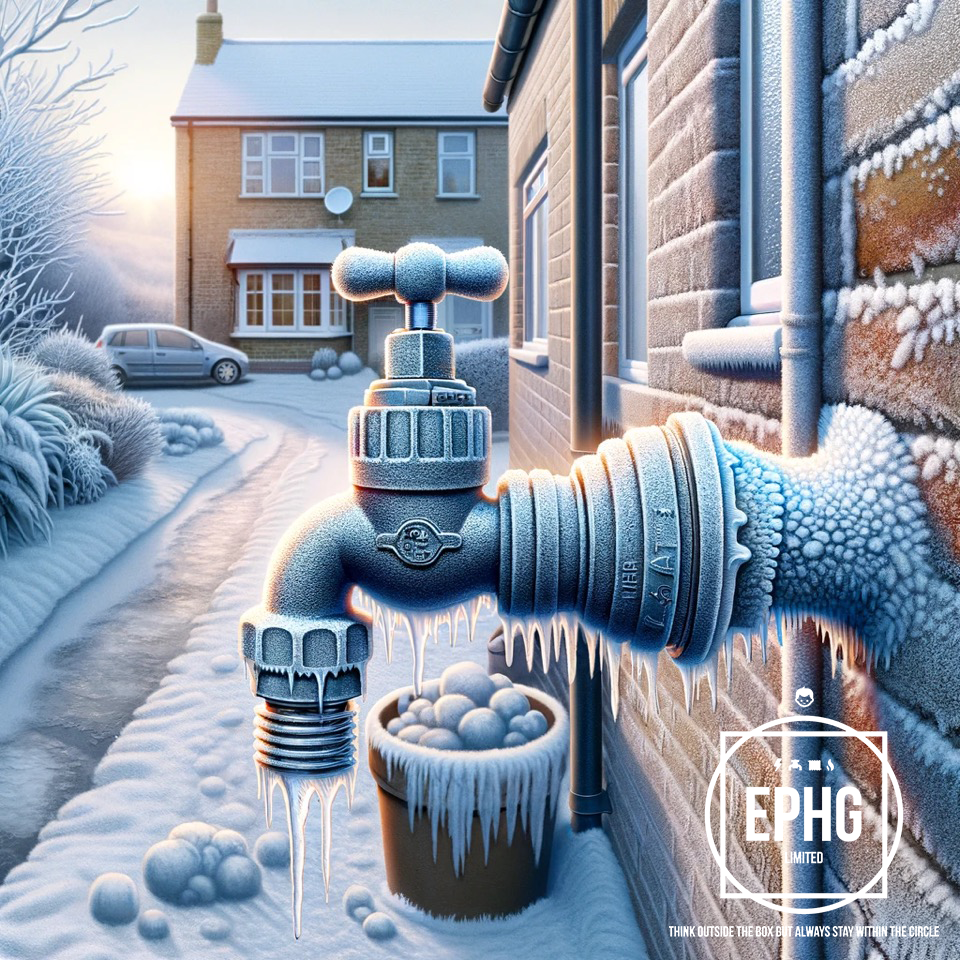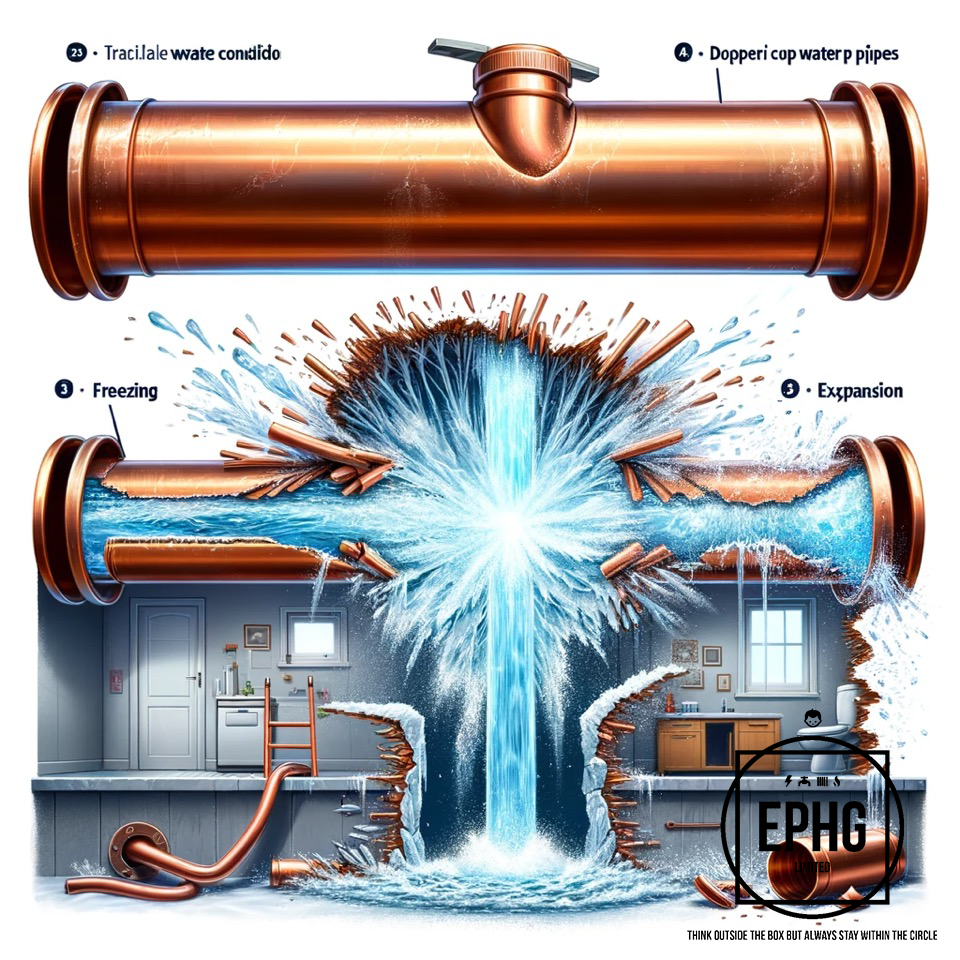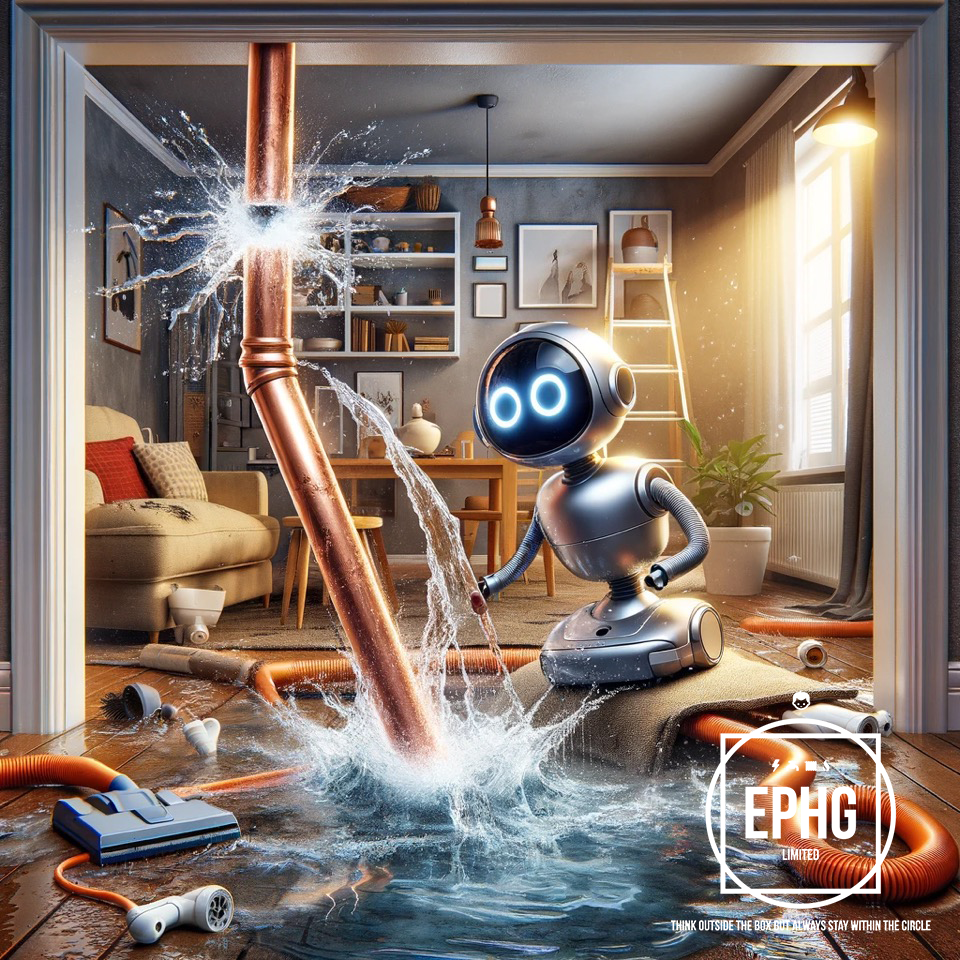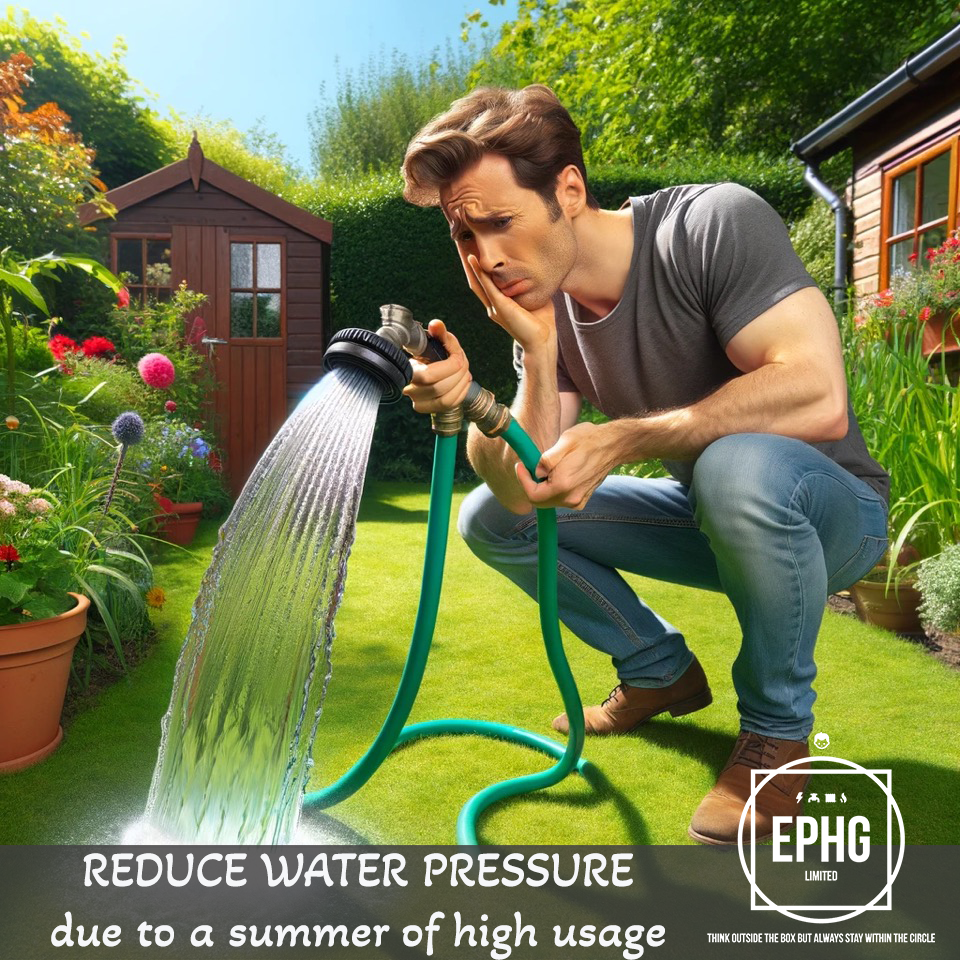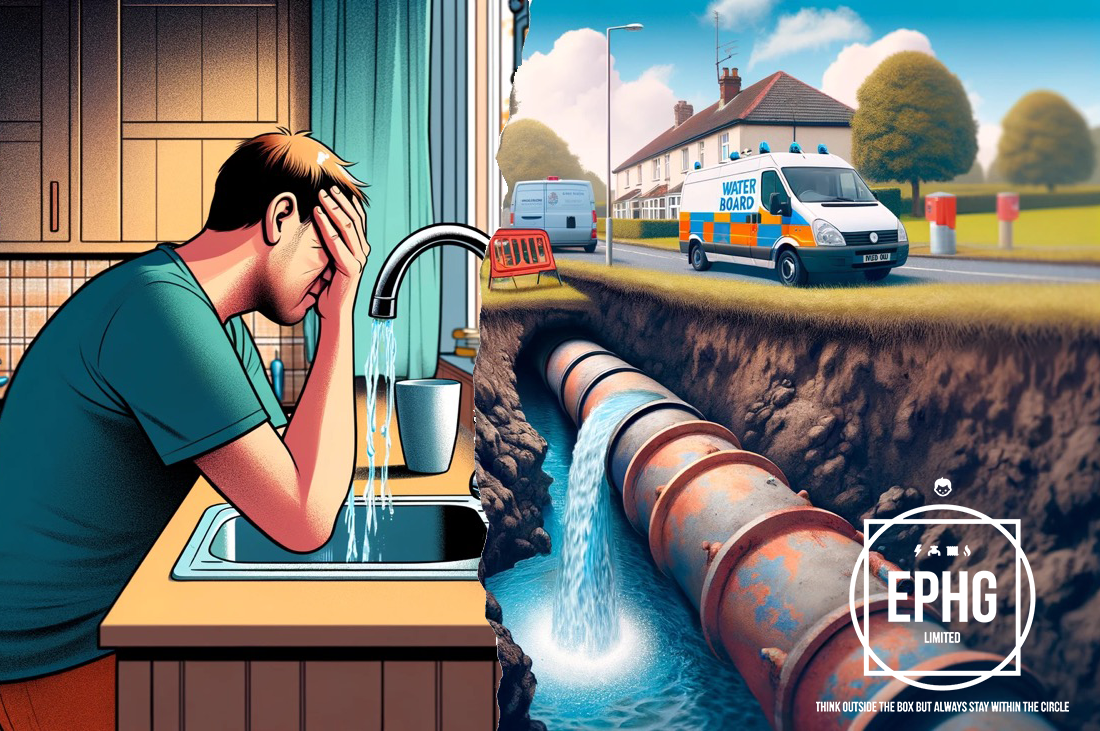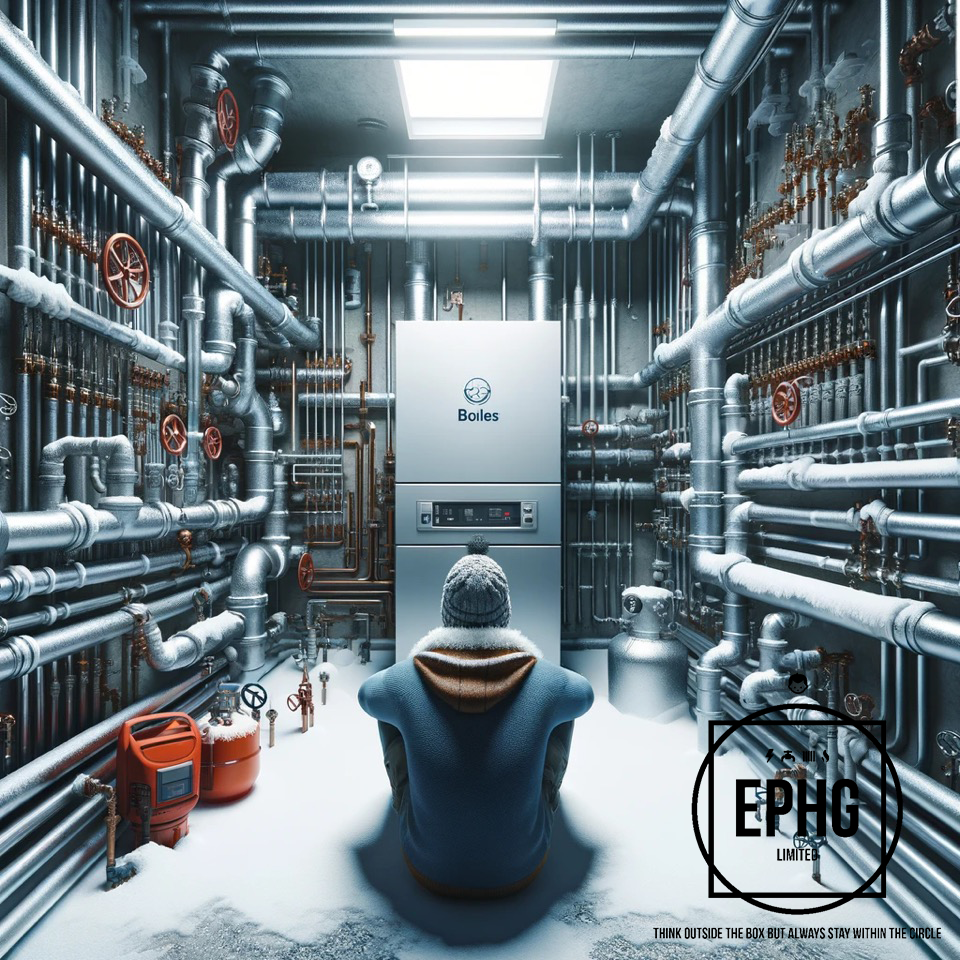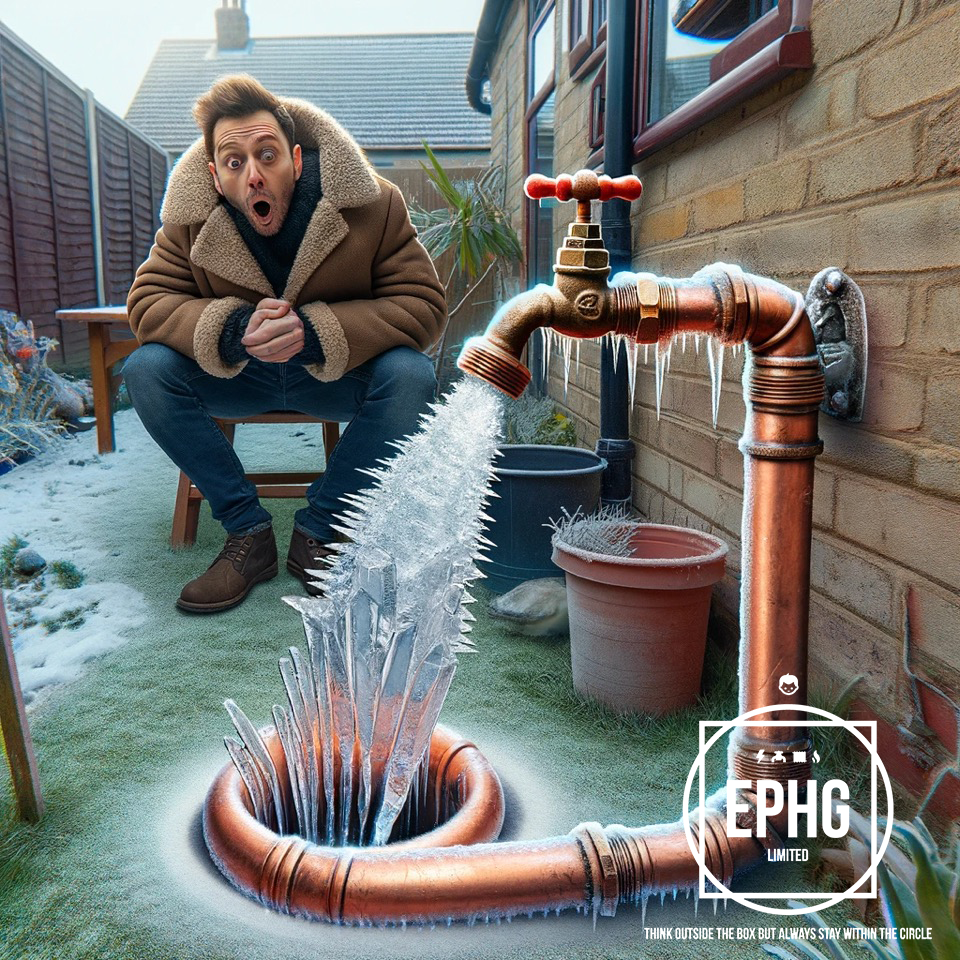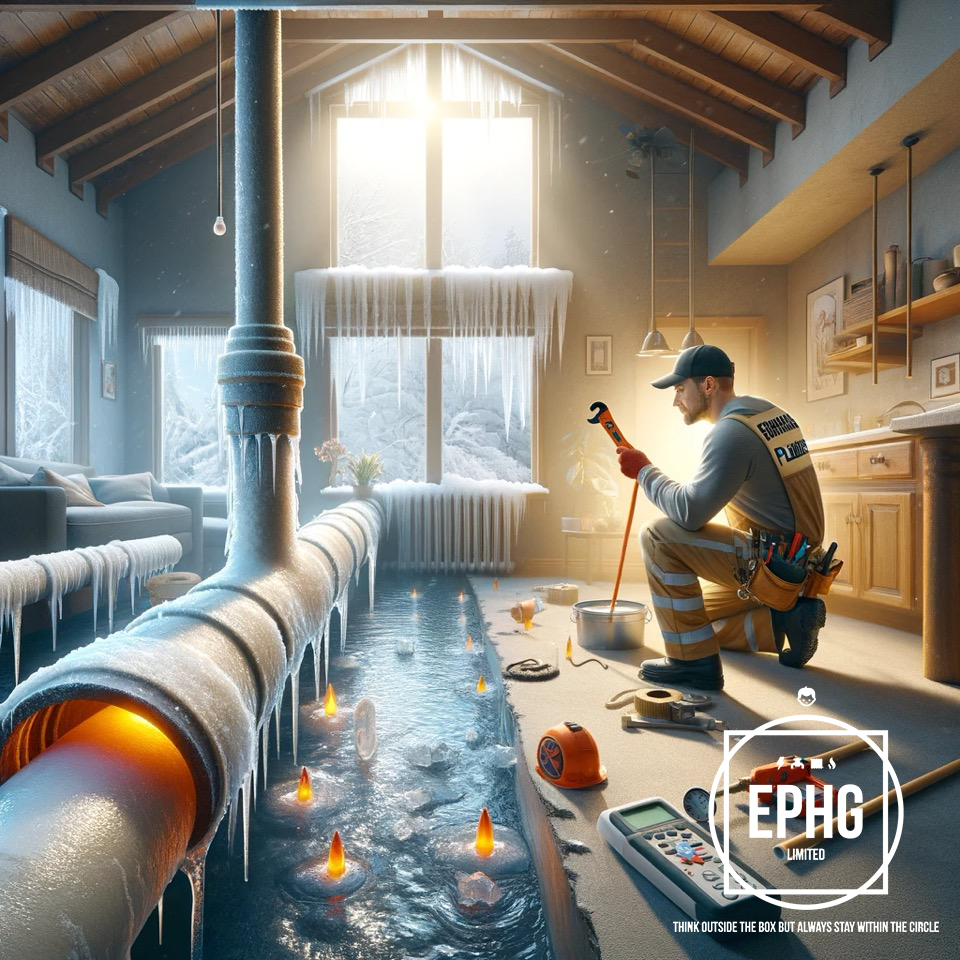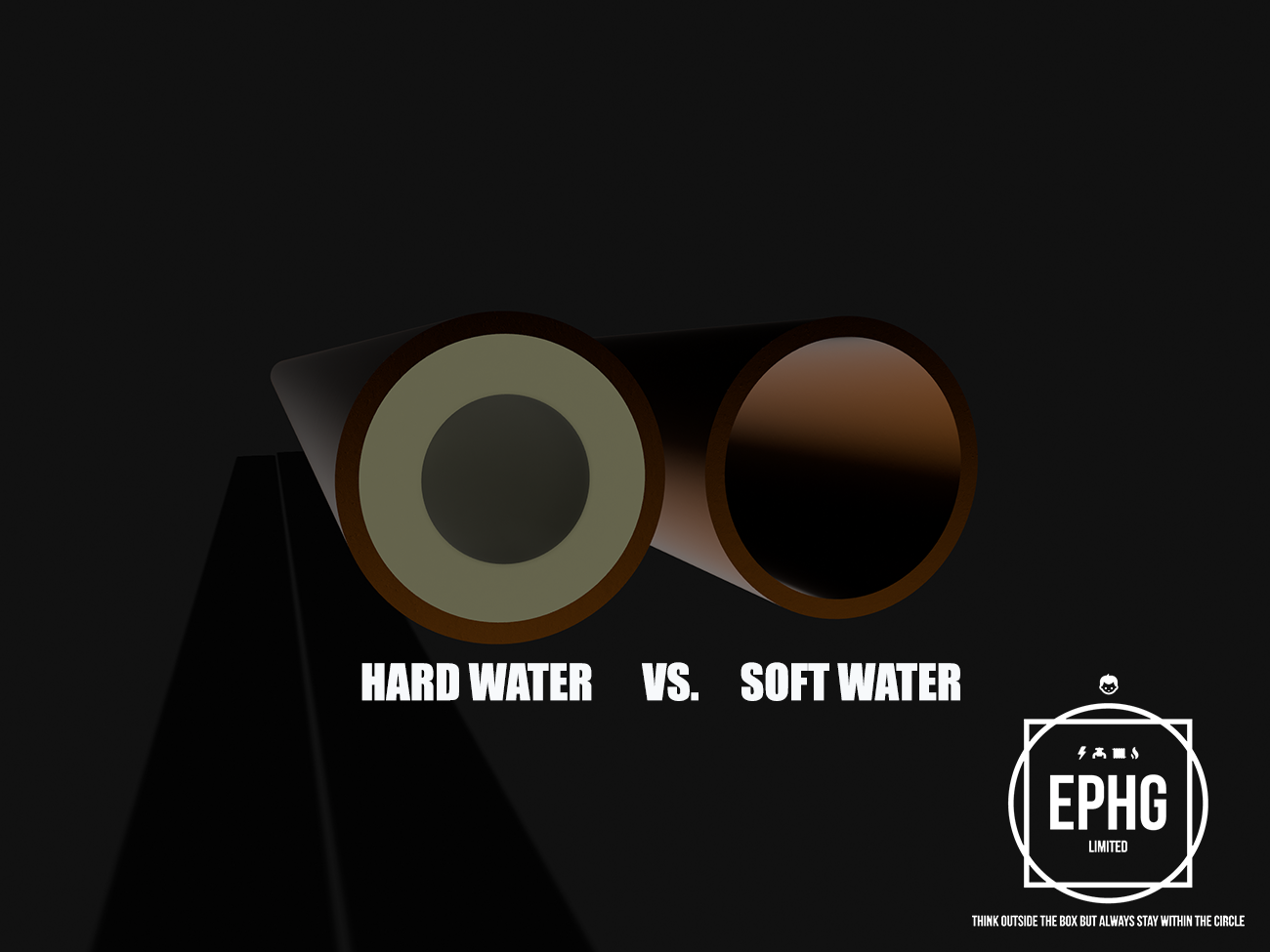
How to Remove Limescale from Your Plumbing Systems.
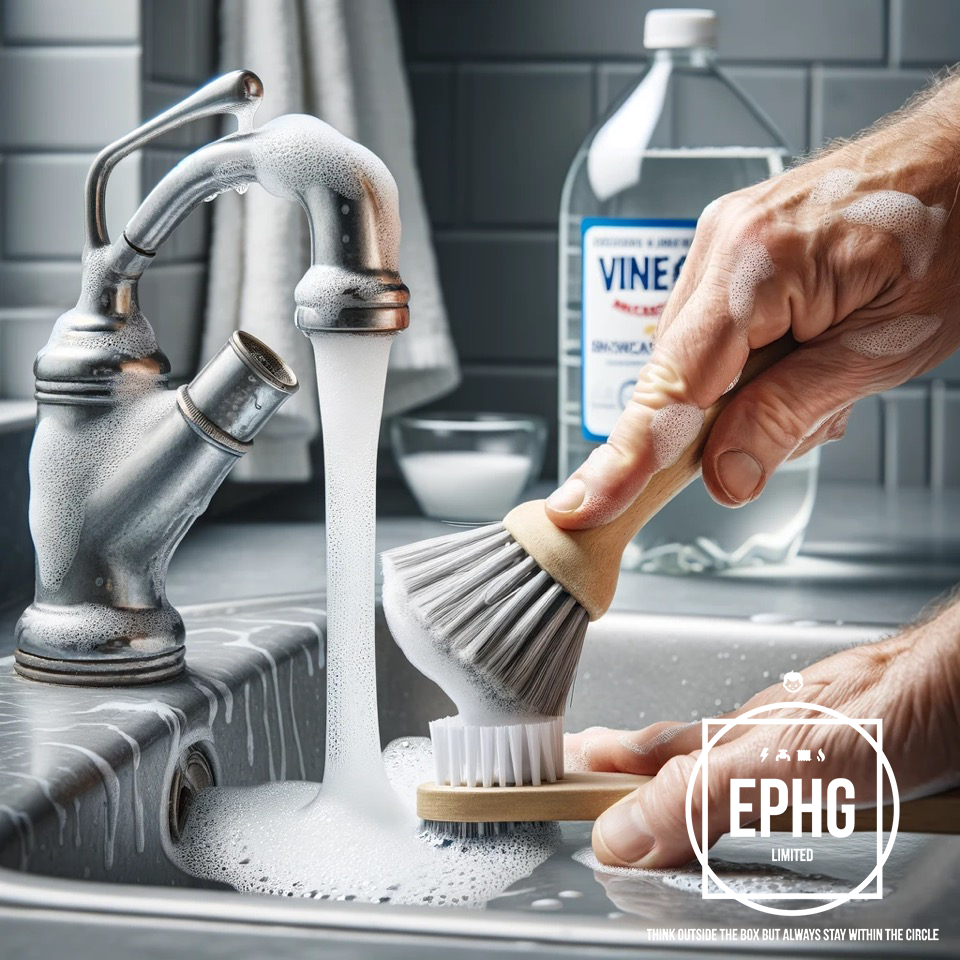
Cleaning Taps, shower heads and so on, tends to get rid of external limescale.
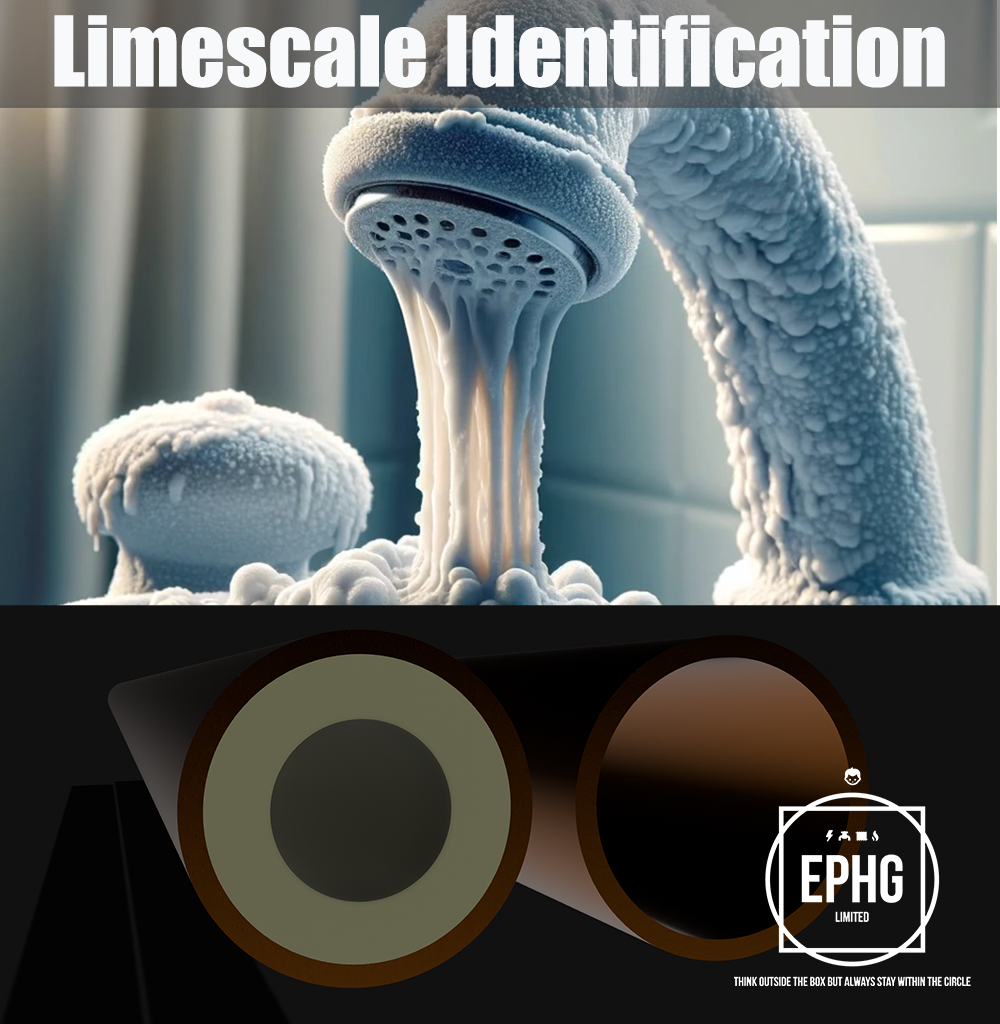
Limescale tends to feel crusty and hard, but can clear with the right cleaning products.
How to Get Rid of Limescale in Your Plumbing System and Avoid Emergency Plumber Visits
Limescale buildup in plumbing systems is a common issue that many homeowners face, especially in areas with hard water. Not only does it cause inefficiency in water heating and flow, but it can also lead to significant damage, necessitating emergency plumbing services. Understanding how to tackle limescale effectively can save you time, money, and the inconvenience of sudden plumbing disasters.
What is Limescale?
Limescale is a hard, chalky deposit primarily made up of calcium carbonate, commonly formed when water with a high mineral content, known as hard water, is heated. This residue can accumulate inside pipes, boilers, kettles, and hot water appliances, leading to blockages and reduced efficiency.
Why is Limescale a Problem for Plumbing Systems?
- Reduced Water Flow: Limescale can narrow the interior of pipes, reducing water flow and pressure. This can affect the efficiency of your water system and appliances.
- Damage to Appliances: Appliances such as boilers, water heaters, and washing machines can become less efficient due to limescale buildup. This inefficiency can lead to increased energy costs and potential breakdowns.
- Heating Inefficiency: Limescale acts as an insulator, meaning more energy is required to heat water, increasing your energy bills significantly.
- Emergency Plumbing Services: If left untreated, limescale can cause severe blockages and leaks, leading to the need for emergency plumbing interventions, which can be costly and inconvenient.
How to Remove Limescale from Plumbing Systems
- Chemical Descales: There are various chemical descaling agents available that can dissolve limescale effectively. These can be introduced into the plumbing system or applied to affected appliances according to the manufacturer's instructions. However, these chemicals must be used carefully to avoid damage to the plumbing system.
- Water Softeners: Installing a water softener in your home can significantly reduce the hardness of the water, thus preventing limescale deposits from forming. Water softeners work by exchanging the minerals causing hardness, such as calcium and magnesium, with sodium or potassium.
- Vinegar and Baking Soda: For a more eco-friendly approach, white vinegar and baking soda can be used to clean out limescale from faucets and showerheads. Soak the affected areas with vinegar, leave for a few hours, then scrub with baking soda for an effective clean.
- Regular Maintenance: Regularly flushing your water heater and checking pipes for signs of limescale can help prevent buildup. Professional plumbers can also perform maintenance checks and descale your system as needed.
Preventative Measures
Preventing limescale from forming is key to avoiding emergency plumbing situations. Besides installing water softeners, you can:
- Regularly clean and descale your taps, showerheads, and appliances.
- Use limescale inhibitors, which are added to your water system and help prevent scale from forming.
- Set your water heater to a lower temperature, as heating water at high temperatures accelerates limescale formation.
Conclusion
Managing limescale buildup is essential for maintaining a healthy plumbing system and avoiding the unexpected costs and hassles of emergency plumbing repairs. By implementing preventative measures and regular maintenance, you can protect your home from the adverse effects of limescale. Remember, if you're unsure about tackling limescale on your own, it's always best to consult with a professional plumber who can provide tailored advice and solutions for your home.
